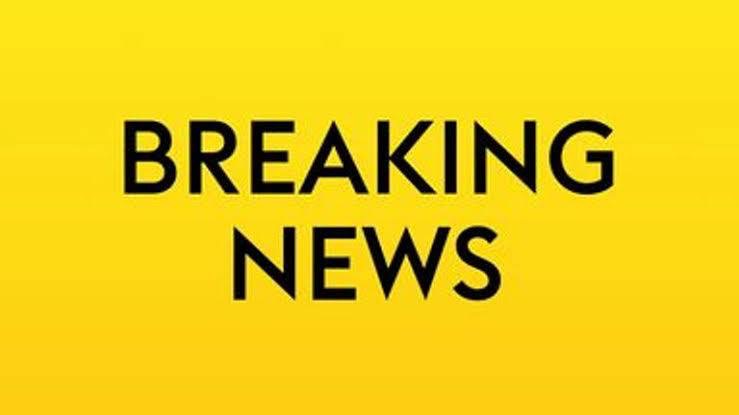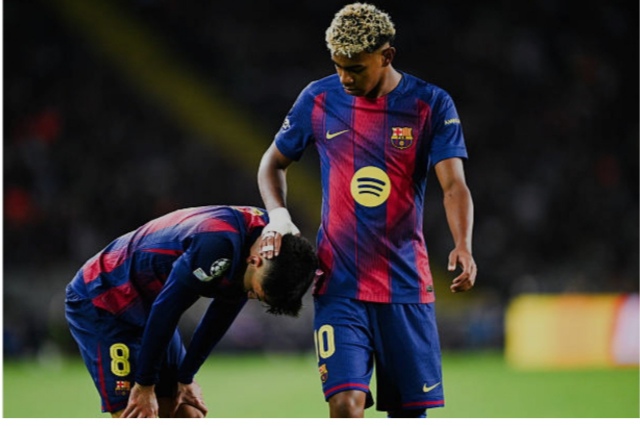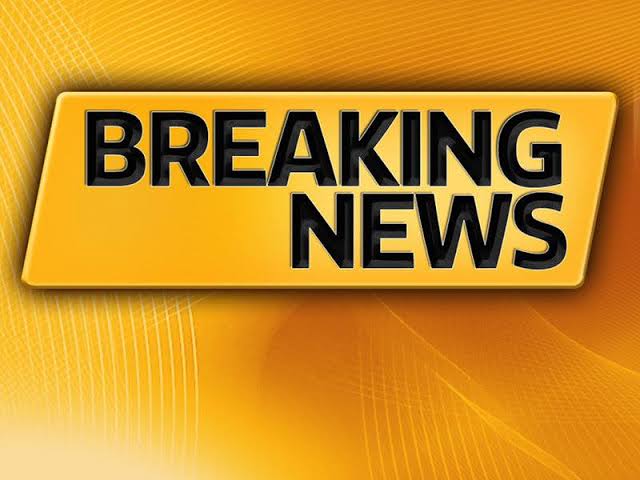When Manchester United signed Andre Onana, they believed they were bringing in a modern goalkeeper who could revolutionise their build-up play and bring confidence between the posts. Just over a year later, however, the Cameroonian’s future at Old Trafford is in doubt — and the handling of the situation has left many scratching their heads.
Jason Burt of The Telegraph recently summed up the unease surrounding United’s approach, describing the potential departure of Onana as a gamble the club might regret. His concerns raise important questions about planning, priorities, and whether United are creating more problems than they are solving.
The Timing Problem
“If they wanted to move Onana on, they should have done it by now,” Burt remarked. And he has a point. The summer transfer window is always about timing. Acting early allows a club to reshape its squad, bed in replacements, and avoid late scrambles. United, however, appear to have hesitated.
Initially, there seemed to be an understanding that Onana, for all his flaws, would remain the No. 1 for another season while the squad was strengthened elsewhere. Yet now, at a late stage, the stance has shifted. The risk? United may end up losing Onana without having a convincing replacement ready.
Bayindir and the Question of Trust
Altay Bayindir, signed from Fenerbahçe, was meant to provide backup and competition. But, as Burt highlighted, “he has not been convincing.” His limited opportunities haven’t inspired widespread confidence, and even within the club, doubts remain over whether he is ready to step up as first-choice.
That leaves United with an uncomfortable scenario: turning to an untested young goalkeeper as their solution. According to Burt, this prospect is especially alarming given that the youngster in question has barely played in the Belgian Pro League. He is seen as a project signing — one for the future, not the present.
Throwing him straight into the intensity of Premier League football, particularly at a club as scrutinised as Manchester United, could be setting him up for failure.
Transfer Priorities Gone Wrong?
Burt’s sharpest criticism comes when examining United’s transfer priorities. “They started the summer with their eggs in the striker basket, that’s where they put their money,” he noted.
Indeed, United made securing a centre-forward the central mission of their transfer strategy. While this addressed one need, it left two others — goalkeeper and midfield — unresolved. For a club that struggled last season with consistency in both departments, this seems a short-sighted gamble.
By focusing almost exclusively on a striker, United may have neglected the structural balance of their squad. Now, with Onana’s future uncertain, they risk walking into the new season with instability in a crucial position.
Should United Have Stood Firm?
Another key point Burt raises is whether Manchester United should have been firmer with Onana. “Maybe Onana wants to go, but if I were them, I’d be stronger and say you need to compete to be the No.1.”
This speaks to a wider issue: authority. United cannot afford to look like a club where players can dictate terms and force exits without resistance. By holding Onana accountable and insisting on competition, they could have at least maintained stability while plotting a longer-term solution.
Instead, appearing to yield to circumstances makes the club look reactive rather than proactive — a perception that has dogged them since the post-Ferguson era.
Risk Upon Risk
“It’s a risk. There are enough risks at Man Utd at the moment,” Burt concluded. That line resonates because it captures the current atmosphere around Old Trafford.
United are already navigating the challenges of adapting to a new manager in Rúben Amorim, reshaping their squad, and trying to return to Champions League contention. The last thing they need is to add unnecessary uncertainty in goal.
Goalkeeping instability has historically spelled disaster for big clubs. Consider Chelsea’s struggles before Petr Čech’s arrival, or Liverpool’s chaotic years before Alisson Becker. United themselves suffered during David de Gea’s final decline, when his inconsistency unsettled the entire defence.
Now, by removing Onana without a clear, proven successor, they could be inviting history to repeat itself.
The Bigger Picture: United’s Identity Crisis
The Onana saga also points to a bigger identity problem at Manchester United. What exactly is the club trying to build? Are they prioritising immediate success, or are they willing to take calculated risks for the long-term?
If the latter, promoting a young project goalkeeper makes sense. But if the aim is to challenge at the top right now, the approach looks reckless. United cannot afford to waver between two contradictory strategies — they need clarity.
This lack of alignment has been a recurring issue. Managers push for short-term solutions, recruitment departments push for long-term planning, and the result is often a compromise that satisfies no one.
What Happens Next?
So where does this leave United? If Onana departs, they must act decisively. Either they back Bayindir as first-choice, which seems unlikely, or they thrust the young Belgian project into the limelight. Both routes are fraught with danger.
Alternatively, they could seek an emergency signing — but late-window buys often come at inflated prices and rarely provide long-term stability.
The irony is that Onana, for all the criticism he faced last season, still represents a safer pair of hands than the current alternatives. By choosing to move him on without a clear plan, United risk turning a position of relative security into one of chaos.
Final Thoughts
Jason Burt’s analysis of the Onana situation cuts to the heart of Manchester United’s ongoing struggles: indecision, poor planning, and unnecessary risks. Letting Onana go at this stage, without a ready-made replacement, feels like another example of the club undermining its own stability.
The strategy is questionable. The timing is poor. The risks are clear. And the potential fallout could be severe.
For Rúben Amorim, already tasked with steadying the ship, losing his most experienced goalkeeper without a credible replacement could make a difficult job even harder. For the fans, it’s another reminder that United’s rebuilding process remains fragile.




